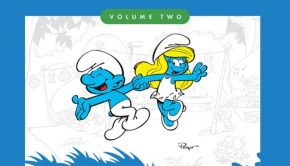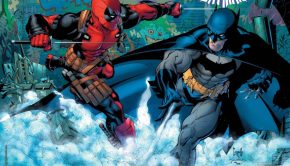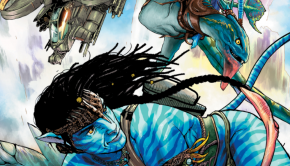Childhood domestic violence survivor reconciles her perception with reality in a moving open letter to herself
What would you write to your 10-year-old self? What words of wisdom may have made your journey through childhood easier?
Canberra’s Charlie Giles pondered this question, as the theme for the newly released anthology A Letter to My 10-Year-Old Self. Her letter is about reconciling the view of her father she had as a child with the reality of living with an alcoholic and abusive parent.
“When I pondered the question of what I would say to my 10-year-old self, now as an adult in my fifties, I thought about the most significant thing that, as an adult, is so different to what I thought back then. How the story that I thought was true and real for me at that age was so far and different from the reality of what was actually going on” she says.
The 10-year-old has developed the full range of emotions but not the cognitive abilities to categorise pain in order to process it. This is why a child is more easily overwhelmed by traumatic experiences. By writing this letter, Charlie is not only experiencing a cathartic release, but she is also validating and categorising the experience she had as her father’s child with her adult knowledge of the world.
Charlie talks about how her child-like perception of reality at that time has influenced her: “The story that I had experienced shaped my world – both in my choice of relationships and what I thought of myself.”
As distinct as the pain and the confusion is, her story is tremendously powerful and positive too. Not only has she worked to assist others going through domestic violence, but her story is also illuminated by forgiveness. Forgiving the father who didn’t give the tender nurturing she needed, the father that experienced more pain than he knew how to process and only knew one escape: to numb his agony with alcohol.
“This was also my opportunity to tell my dad’s story in a way that he never had an opportunity to. For him in his generation, you don’t talk about these things. His belief of himself was simply that he was an awful person and he had resigned himself to that, arriving at the pub at ten in the morning and stumbling home at six in the evening.”
With the purity of heart that is so befitting of a 10-year-old, she recalls who her dad truly was at heart. Her letter communicates how she has managed to separate what her father did from who her father was, emphasising that people are not their mistakes. She captures her father’s memory beautifully and with candour.
“My dad was a very rough man by appearance, it was easy to judge him as a “bum” although he wasn’t. Underneath that, he had the most incredible character and experiences but life had torn at him. I won’t say that what happened was okay, it wasn’t okay, but given what he was going through and his personal torment, I understand where it came from.
Reflecting on the meaning of her letter, Charlie says: “It’s about looking at the bigger picture. Reconciliation is not about standing in judgment. I hadn’t known any of his family history or backstory until I was in my late 30’s. As a kid, I just thought my dad was a hard-working tough guy but it was never easy. It was a difficult relationship but one that I was constantly chasing to try and earn his approval, which I never felt I got. But once I started to hear his story it gave him a human element, tainted with pain, which I hadn’t been aware of before -his own desire to be seen, loved and not having that. The big picture made me realise that “dad” isn’t just “dad”, at some point he was also a son and a brother and a vulnerable human being”
The creation of this incredible anthology was a labour of love, the authors were coached, trained, supported, and encouraged to share their stories with the world.
Cathryn Mora, A Letter To My 10-Year-Old Self’s publisher, said “These are letters written by real people that contain actual events,” Cathryn said. “The letters are all beautifully, uniquely, different.
“They all had wisdom to share with their childhood selves, and they were generous, open, and raw in sharing it. When the first draft letters were submitted, it was an emotional day. I cried from start to finish with many of the letters, touched by the love each author had for their childhood self. How they wished they could go back and hug that child close and tell them that they were loved, and how they wished they could protect their younger selves from some of the difficulties which lay ahead.”







